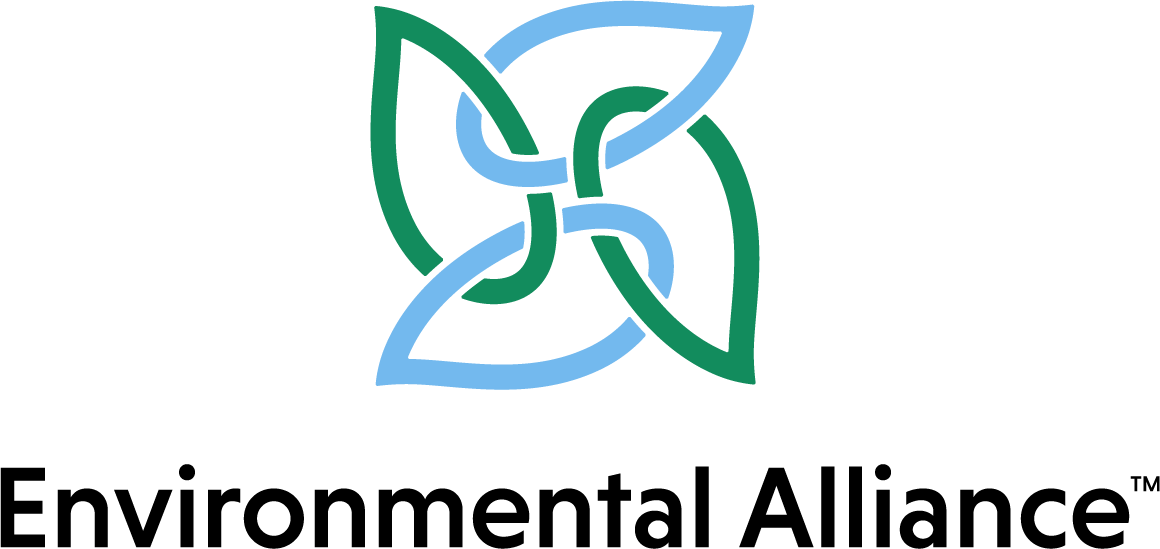LABOR DAY
First Monday in September
Labor Day in the United States is a federal holiday celebrated on the first Monday in September, dedicated to recognizing and honoring the immense contributions of American workers and the labor movement. Its origins trace back to a time when the Industrial Revolution subjected workers—including children—to grueling hours, unsafe conditions, and minimal rights. The holiday was born from the collective action of laborers who demanded fairer treatment, better wages, and safer workplaces. The first Labor Day parade marked a pivotal moment in the fight for workers’ rights, and by the late 19th century, Labor Day was officially recognized as a national holiday, symbolizing a hard-won victory for American laborers.
At its core, Labor Day is a celebration of the social and economic achievements of American workers. The holiday acknowledges the foundational role that laborers—across industries from manufacturing to skilled trades—have played in building the nation’s prosperity. It is a day to reflect on the dignity of work, the value of perseverance, and the creativity that workers bring to their trades. The skilled trades community, in particular, views Labor Day as a tribute to those who not only constructed the physical infrastructure of the country but also fought tirelessly for improved working conditions and fair labor practices.
The labor movement’s historical significance cannot be overstated. In the late 1800s, American workers endured long workdays, seven-day workweeks, and hazardous environments, often with little recourse. The labor movement emerged as a force for change, organizing strikes, rallies, and advocacy efforts that ultimately led to transformative reforms such as the eight-hour workday and child labor laws. These achievements were not easily won; many early labor demonstrations were met with resistance and conflict. The establishment of Labor Day as a federal holiday was both a recognition of these struggles and a commitment to honoring the ongoing fight for workers’ rights.
Protecting the labor movement remains crucial today. Labor unions continue to play a vital role in safeguarding workers against unfair and illegal employment practices, such as wage theft and unsafe working conditions. Unionized workplaces are more likely to comply with health and safety standards, and higher union coverage rates are associated with fewer labor rights violations. Unions also serve as effective partners with government agencies, providing essential information for detecting and investigating workplace abuses. The continued strength of organized labor is essential not only for the well-being of individual workers but also for maintaining a fair and just society.
Labor Day is also a time for celebration and community. Across the country, Americans mark the holiday with parades, barbecues, fireworks, and public gatherings that honor the spirit and achievements of workers. Major cities host vibrant Labor Day parades featuring floats, marching bands, and community groups, while other regions offer events such as wine tastings and live music. For many, the holiday signifies the unofficial end of summer, providing an opportunity to relax and enjoy time with family and friends. Yet, even amid the festivities, the day serves as a reminder to express gratitude for the laborers whose efforts sustain the nation.
Beyond its historical and celebratory aspects, Labor Day underscores the enduring value of work itself. Work provides not only material benefits but also dignity, structure, and a sense of purpose. It fosters social connections, supports families, and enables generosity toward others. The holiday is a call to appreciate not just the fruits of labor but the intrinsic worth of work and the people who perform it. As the workforce continues to evolve, protecting the rights and well-being of American workers—and honoring their contributions—remains a vital part of the nation’s identity and future.
HOW CAN I GET INVOLVED?
Volunteer: Join us in our efforts to promote environmental awareness and sustainability in your community. Whether you have a few hours or a few days to spare, your help is invaluable!
Partner with Us: If you're part of a nonprofit, business, or government organization, consider partnering with the Environmental Alliance for collaborative projects or events. Together, we can make a bigger impact!
Stay Informed: Sign up for our newsletter to receive the latest news, events, and ways to participate in our initiatives.
Attend Events: Participate in our upcoming events and awareness days. Check our calendar for dates and details.
Spread the Word: Share our mission with your network. Follow us on social media and help us raise awareness about environmental issues.
www.worldwildlifeday.org

